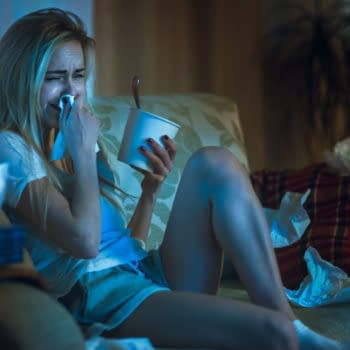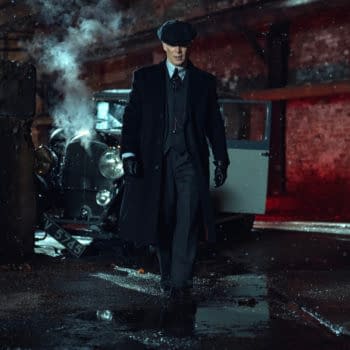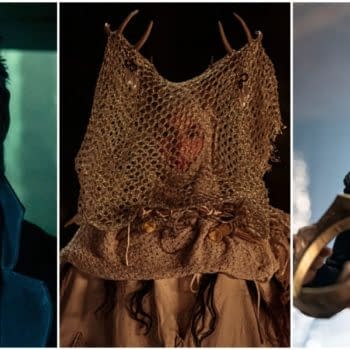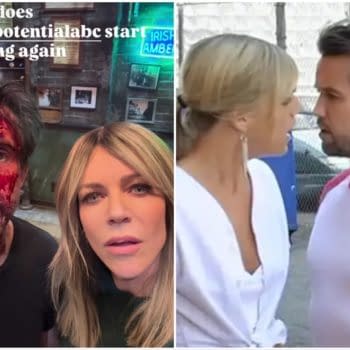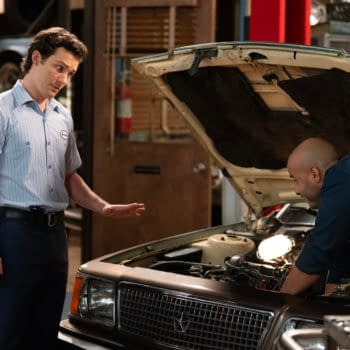Posted in: ABC, Amazon Studios, CBS, Fox, Hulu, NBC, Netflix, TV, YouTube | Tagged: blacklivesmatter, bleeding cool, brooklyn nine-nine, cable, Christopher Meloni, cop shows, drama, george floyd, law & order: special victims unit, Mark Harmon, NCIS, opinion, police, police procedural, streaming, television, The Andy Griffith Show, tv
Is It Time For Television to Abolish the Police Show?
The May 25 video-recorded killing of George Floyd while in police custody in Minneapolis re-awakened a protest movement across America. In addition to fighting institutionalized racism and police brutality, the #BlackLivesMatter movement demands that we rethink the role of police in our society. Racism, discrimination, and violence against minorities have long been a shameful reality in America. Over hundreds of years, those in power built racism into the very structures of the country, including the American Constitution. Therefore, it is no surprise that institutionalized racism continues to exist in our criminal justice system and police forces. As these police forces across America continue to militarize, with budgets, weapons, and sizes closer to the defense forces of some European countries, racists and racism have not disappeared. In the end, America faces a reckoning as it addresses the relative lack of consequences for the criminal justice system when it kills people of color, and how that's been portrayed in the police shows we've watched over the years.
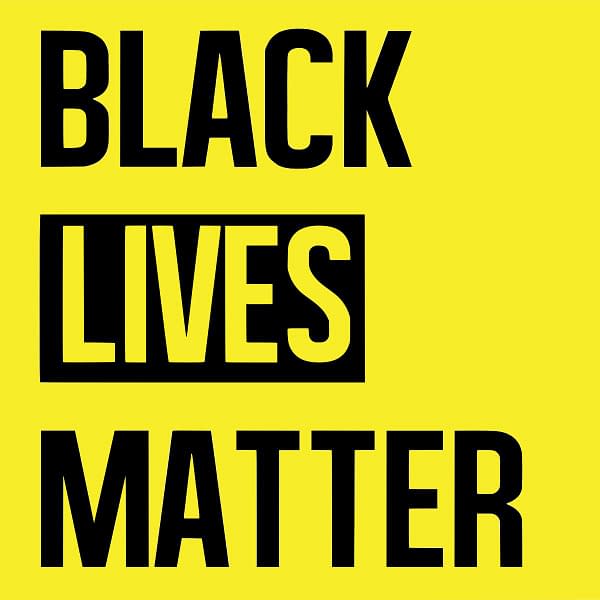
However, large numbers of white people in America are privileged to have their only meaningful interactions with police be via television. For Americans who have never faced racism, much less the ingrained structural racism of the criminal justice system, police officers are television heroes. In the sixty years since The Andy Griffith Show first aired on television, police shows have become a television mainstay. Of the top ten longest-running primetime television series in the United States, four are police procedurals, five if you count Gunsmoke, which was about an early lawman. These shows, for a combined 73 seasons – 93 with Gunsmoke – and their cop show brethren glorify police and police work, depicting officers as flawed heroes who always catch their prey. Criminals, often portrayed by minority actors, are depicted as lazy, greedy, stupid and/or evil.
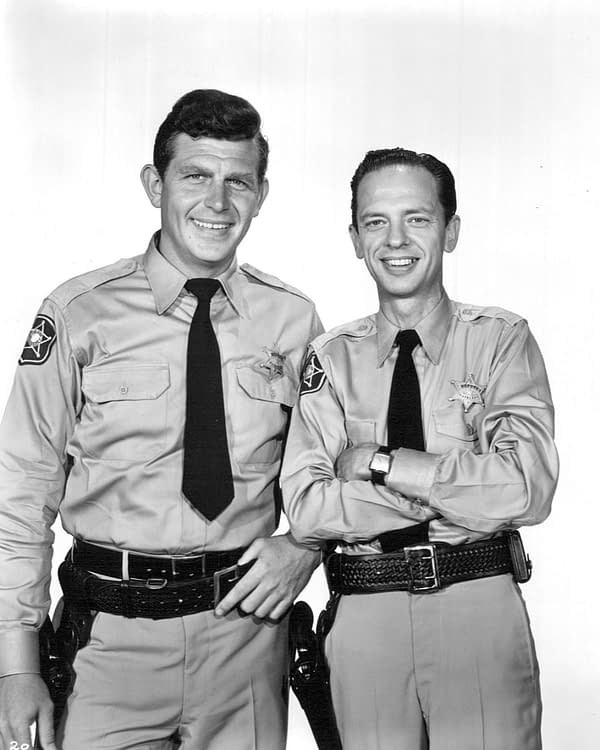
Is It Any Mystery That, In a Country Where Americans are Content to Watch Their Television Police Heroes Commit Murder, Police Violence Would Be Allowed to Fester Unchecked?
In two of the most highly-rated television police procedurals, Law & Order: Special Victims Unit and NCIS, popular main characters are actually known for striking out violently at suspects. On SVU, Christopher Meloni's Detective Elliot Stabler is an emotionally volatile, angry cop whose partner often has to pull him off of suspects. However, the Stabler character became beloved on the show and continues to work as a police detective despite his violent outbursts. NCIS's Agent Leroy Jethro Gibbs (Mark Harmon) is one of the most well-known characters on television, from one of the highest-rated television shows in recent history. However, Gibbs is known to work outside of the law and to be violent towards suspects in order to further his case. He was even shown murdering those he felt were responsible for his first wife's death.
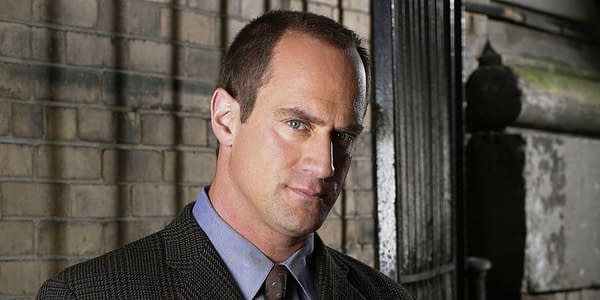
The inherent injustices, inequalities, and institutionalized racism in our law enforcement mean that even comedy shows about police run into problems. Recently, Terry Crews, a star on police comedy Brooklyn Nine-Nine, said that the protests following George Floyd's death led to showrunners trashing four complete episodes from the show's eighth season. If a comedy cannot depict police without running afoul of anti-brutality protesters, there is a much larger problem with how police are portrayed on television.
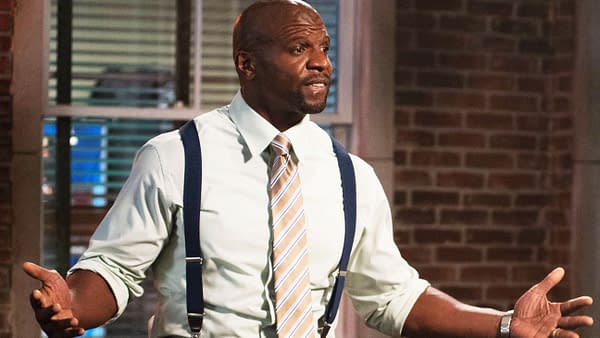
As communities vote to abolish police forces and users on social media call for defunding or abolishing militarized police forces, maybe the same critical eye should be turned to television. Is it time to abolish the police procedural as we know it? Can the depiction of a glorified, violent, self-righteous police force on television be justified as people of color around the county are killed by police? What role does "heroic' police violence on television play in the persistence and acceptance of police brutality in America today?
The Questions are Hard- But They Must Be Answered
I don't know exactly what role the ritualized violence of police procedurals have played in America's willingness to accept police brutality. But they aren't helping. These shows further the racist false dichotomy of the white police hero and the minority criminal.
What I do know is that now is a time of self-reflection and change. A show simply not being racist, or not glorifying police violence, is no longer enough. If police shows are going to continue to exist on television, it cannot be in the form in which they exist today. Television shows about police that do not examine the racism, violence, discrimination, and inequalities inherent in our criminal justice system are nothing but white fantasies. "Its just entertainment," is no longer a good enough excuse.



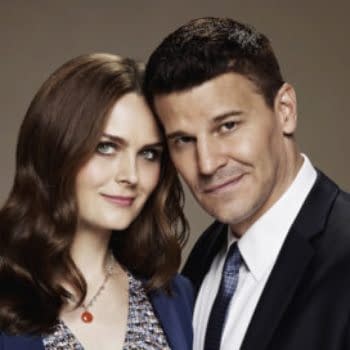
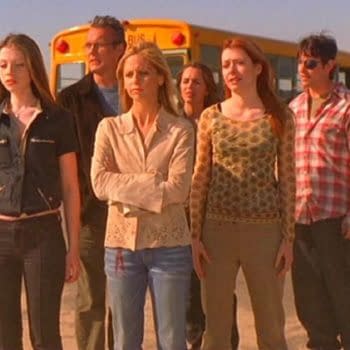
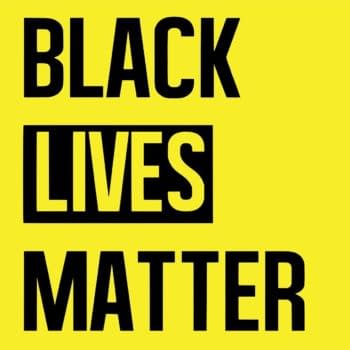
![Too Many Streaming Services? Blame Wall St, Not Cord-Cutters [OPINION]](https://mlpnk72yciwc.i.optimole.com/cqhiHLc.IIZS~2ef73/w:350/h:350/q:75/rt:fill/g:ce/https://bleedingcool.com/wp-content/uploads/2019/07/stream-1-350x350.jpg)
